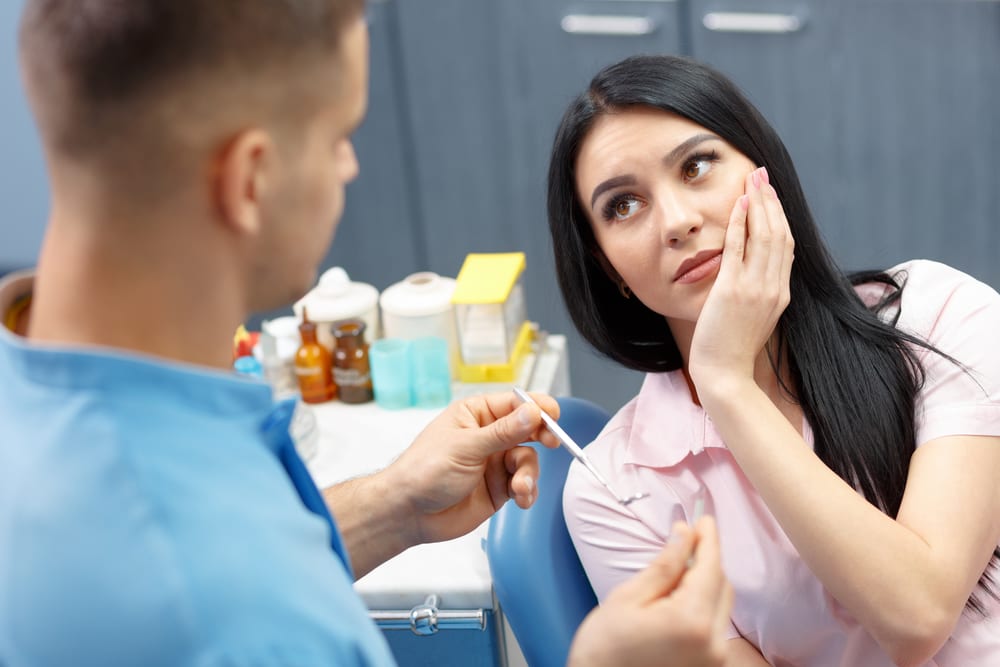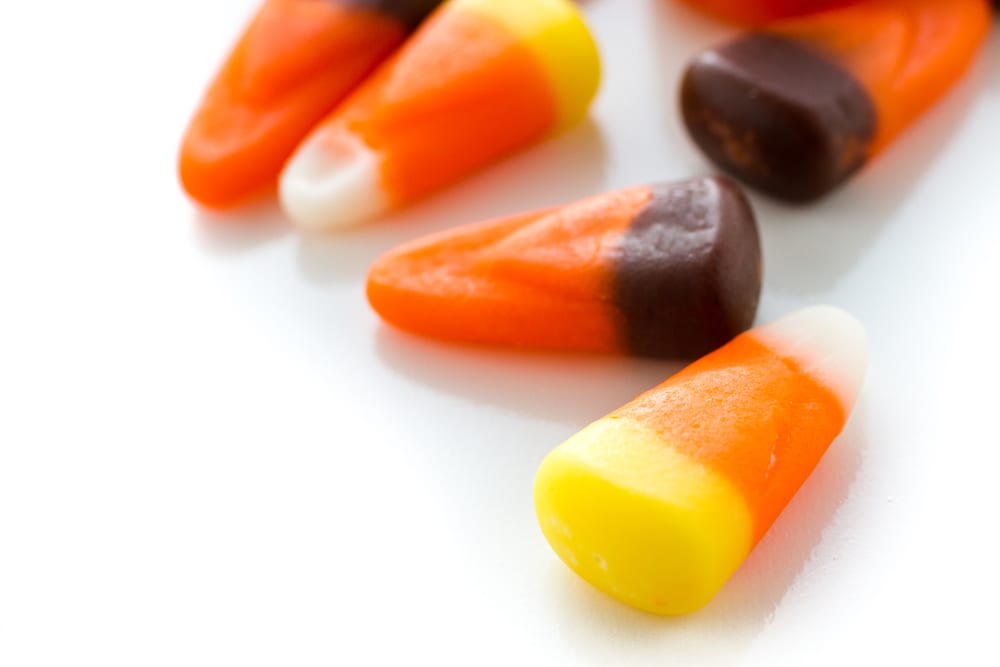When you have kids, you worry about cavities. When they are young, it’s easier to monitor children’s oral hygiene because they let you brush their teeth for them. But how can you keep an eye on your kids’ oral hygiene habits as they start to get older? The following tips can help you help monitor your family’s oral health at any age.
Do you need a Clinton, NJ dentist? Drs. Carson Ferris-Zeolla and Victoria Uryniak can help you keep your family’s smiles healthy and protected. Call 908-200-7007 for an appointment.
Give Your Family the Tools for Success
A lot of people treat oral hygiene tools as an afterthought. You buy more toothpaste when you run out, sure, but how often do you check your toothbrush for signs of wear? A toothbrush should only be used about three months before you replace it with a new one. This is only an estimate, however. Toothbrushes should be replace any time you notice the bristles getting worn down or bent.
Buy new toothbrushes regularly and distribute them to your family, whether they ask for them or not. If you become ill with a bacterial illness (strep throat, for example), you should throw away your brush and buy a new one. It’s possible to re-infect yourself with bacteria from a toothbrush.
If you use an electric toothbrush, buy new brush heads every few months and replace them when the bristles start to look bent or worn. It’s harder to brush properly when your bristles are bent to the side, and you may even wind up overbrushing your gums, while missing your tooth enamel!
Packages of rolled floss tend to last longer, but did you know that you are supposed to use about 18 inches of floss when you clean between the teeth? Re-using the same length of floss for different parts of the mouth can transfer bacteria, so encourage your family to use long lengths (or multiple flossing picks), use new floss every day, and give them plenty of spares in the medicine cabinet.
Conduct Oral Hygiene “Audits,” Even with Your Teens
Do you tuck your kids into bed at night? Pop into their rooms to wish them a happy slumber and talk about the coming morning? A great way that parents can make sure their kids are brushing and flossing their teeth effectively is by conducting a plaque “audit” once a week at random times. Even big kids sometimes need this to make sure their brushing technique is effectively cleaning away the day’s plaque and food residue.
An oral hygiene audit is simple, though you may want to wash your hands afterward! Scrape a tooth a few times with your fingernail, starting at the gumline. If you see a big glob of white gunk under your nail, your child is not brushing away all his/her plaque and is leaving the door open for tartar to form. Plaque is soft and soluble at first, but after 48 hours it can calcify into tartar, which can only be removed with dental tools. When it sits on a tooth, tartar becomes a magnet for bacteria, which then create acidic excretions that dissolve tooth enamel. Effective daily hygiene (brushing and flossing) means removing as much plaque and bacteria as possible.
It’s also a good idea to routinely look in your children’s mouths for potential signs of decay. If your child is under three and hasn’t been to the dentist yet, checking for possible signs of decay may help you prevent painful toothaches from developing. Look for any dark spots that can’t be brushed away, as well as patches of yellowing or white spots on the gums.
Watch What Your Kids Eat, (and When They Eat It)
Teaching a child to keep a healthy mouth environment means limiting the amount of starches and sugars that (1) go into the mouth, and (2) sit on the teeth after eating. Foods high in sugar and simple starches should not be allowed to sit on the teeth for a long time after eating them. We all know about candy and other sweets’ effect on teeth, but did you know that white bread and potato chips can be equally dangerous? Foods high in sugar and starch feed the bacteria that live in our mouths, which then excrete acids that demineralize tooth enamel. Good foods, however, can help prevent this.
Many fresh fruits and vegetables have the right texture for cleaning our teeth. If they are eaten after less mouth-healthy foods, they do a good job of neutralizing the acids and residue left from sugary foods.
Foods that “clean” the teeth:
- Apples
- Celery
- Carrots
- Salads and leafy greens
- Broccoli and cauliflower
- Cucumber
Consult with the Experts
The most important step you can take to protect your family’s smiles is to bring them to your Clinton, NJ dentist every six months for a cleaning and check-up. Dental cleanings help prevent tooth decay and and give us the chance to catch any potential problems before they turn into catastrophes. It’s an easy step that makes a big difference—and most dental insurers cover two routine visits per year. Why not take advantage?
Call our dental office at Walnut Pond to make an appointment with Clinton, NJ dentists Victoria Uryniak or Carson Ferris-Zeolla. Call 908-200-7007 for an appointment.







